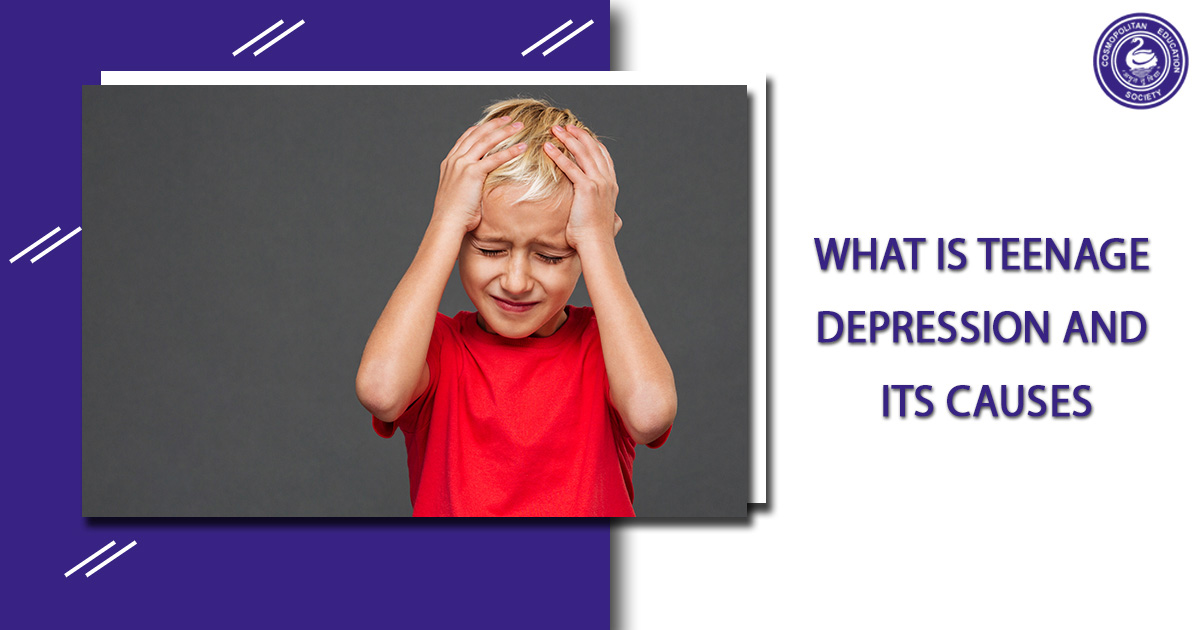
What is teenage depression and its causes?
Teenage depression is the most seen mental health issue that not only causes a constant feeling of sadness but also a loss of interest in several activities. Additionally, It’s also known to affect the way these affected teenagers think and behave. If not identified, can cause several emotional, functional, and physical problems.
For a teenager, peer pressure and academic performance are the most common challenges but few teenagers take this to another competitive level which ultimately takes closer to depression.
In order to identify the signs of depression, it is important for you to keep an eye on teenage depression symptoms.
There are two types of Teenage Depression.
Major clinical depression:
Major Clinical teenage Depression is characterized by combining a mixture of symptoms that affects an individual’s basic life abilities like sleep, studying, and eating. It is diagnosed in adults as young as 19 years old.
Dysthymic disorder:
Known as dysthymia, it is characterized as a type of long-term depression. It shows less severe symptoms. It is clinically found that people who are suffering from dysthymia experience one or more episodes of major teenage depression during their lifetime. The difference between Dysthymic disorder and depression is that the person can still find some joy in their life.
What are the Causes of teenage depression?
It’s not known exactly what causes depression, but a variety of issues may be involved. These include:
1. Brain chemistry: Neurotransmitters are naturally occurring brain chemicals that carry signals to other parts of your brain and body. When these chemicals are abnormal or impaired, the function of nerve receptors and nerve systems changes, leading to depression.
2. Hormones: Changes in the body’s balance of hormones may be involved in causing or triggering depression.
Inherited traits. Depression is more common in people whose blood relatives — such as a parent or grandparent — also have the condition.
3. Early childhood trauma: Traumatic events during childhood, such as physical or emotional abuse, or loss of a parent, may cause changes in the brain that make a person more susceptible to depression.
4. Learned patterns of negative thinking: Teen depression may be linked to learning to feel helpless — rather than learning to feel capable of finding solutions for life’s challenges.
Complications:
Untreated depression can result in emotional, behavioral and health problems that affect every area of your teenager’s life. Complications related to teen depression may include, for example:
– Alcohol and drug misuse
– Academic problems
– Family conflicts and relationship difficulties
– Involvement with the juvenile justice system
– Suicide attempts or suicide.
Hence, it is critical to identify symptoms of teenage depression in order to support them. Know the Symptoms of teenage depression and its way out.
